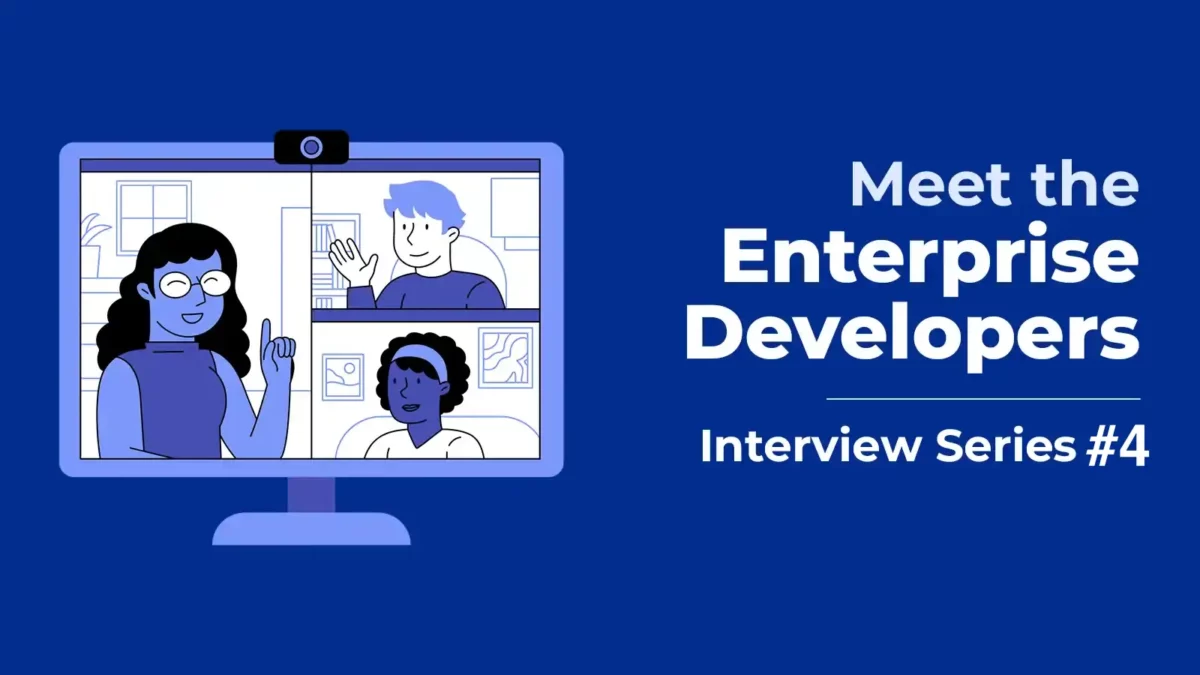The AI landscape is evolving rapidly, and one of the most exciting yet controversial innovations to emerge is Manus AI. Developed by the Chinese startup Monica, Manus AI is a fully autonomous agent capable of executing complex tasks without constant human oversight. While its potential to revolutionise software development is immense, early reports have raised concerns about system instability, security risks, and functionality limitations.
So what does this mean for software developers? Let’s explore how Manus AI could transform the way code is written, optimised, and maintained—while also addressing some of the challenges it currently faces.
Shape the Future of Tech! Join the Developer Nation Panel to share your insights, drive tech innovation, and win exciting prizes. Sign up, take surveys, and connect with a global community shaping tomorrow’s technology.
What is Manus AI?
Unlike traditional AI-powered tools that assist developers by providing suggestions or autocompleting code, Manus AI takes a leap forward by independently executing tasks. Whether it’s debugging, optimising algorithms, or generating entire scripts, Manus AI functions as an intelligent assistant that works alongside developers, allowing them to focus on strategic problem-solving rather than repetitive coding tasks.


Key Features for Software Developers
- Automated Debugging – Manus AI can identify and resolve coding errors autonomously, reducing the time spent on troubleshooting.
- Code Optimisation – The AI analyses code efficiency and suggests or implements improvements, leading to better-performing software.
- Script and Module Generation – Instead of manually writing boilerplate code, developers can rely on Manus AI to generate functional modules based on given requirements.
- Contextual Understanding – Manus AI dynamically plans, analyses, and executes tasks, ensuring it adapts to the specific needs of a project.
- Seamless Integration – Recently, Manus AI partnered with Alibaba’s Qwen team, enhancing its capabilities and opening new possibilities for AI-assisted software development.
Reported Issues and Challenges
While Manus AI is an exciting innovation, early users have reported several issues that need to be addressed:
- System Instability – Some users have experienced system crashes and server overloads when Manus AI attempts to handle highly complex tasks. This suggests scalability and performance issues in its current state. (Source)
- Functionality Loops – Manus AI occasionally gets stuck in repetitive cycles, particularly when faced with ambiguous or open-ended tasks. This can hinder efficiency and require manual intervention.
- Over-Reliance on Existing Models – Investigations suggest that Manus AI integrates existing models like Claude Sonnet and Qwen fine-tunes rather than being entirely novel in its execution. Some critics argue that this limits its innovation. (Source)
- Security Concerns – There have been concerns about potential prompt leaks and vulnerabilities, raising questions about how well Manus AI protects user data.
These challenges highlight that while Manus AI has significant potential, it is still in its early stages and requires further refinement before widespread adoption.
Self-Correction and Learning Capabilities
One of the more promising aspects of Manus AI is its self-correction ability. Unlike traditional AI tools that require explicit user input for debugging, Manus AI can:
- Detect errors in its own execution and attempt to fix them without human intervention.
- Refine its problem-solving strategies based on past mistakes.
- Optimise its approach dynamically when it encounters unexpected issues.
While this self-correction feature is a major step forward, it is not flawless. In some cases, Manus AI struggles to determine the best corrective action, leading to inefficiencies. Developers should still monitor its outputs to ensure accuracy.
Limited Access and Future Availability
Currently, Manus AI is in an invite-only beta phase, and there has been no official announcement regarding its public release date. Developers can apply for access through the official website: https://manus.im/invitation. Due to high demand, it’s advisable to obtain invitations only through official channels.
Open-Source Alternatives
For those looking for more control over their AI assistants, OpenManus offers an open-source alternative. This initiative allows developers to explore and customise autonomous AI capabilities for their own projects, fostering greater innovation and accessibility.
Additionally, other open-source AI models and frameworks provide valuable alternatives:
- DeepSeek-R1 – A cost-efficient open-source AI model with strong reasoning and coding capabilities.
- Alibaba’s Qwen 2.5 – A powerful model family supporting mathematics, coding, and multiple languages.
- OpenAssistant – An open-source chatbot AI designed for interactive and retrieval-based tasks.
- OpenCog – A framework aiming to achieve artificial general intelligence (AGI) through interconnected AI components.
However, while these tools provide robust AI capabilities, they do not fully replicate the autonomous agent-based functionality of Manus AI. Unlike Manus AI, which can independently execute development tasks without direct user input, these open-source models require structured prompts and interactions. OpenManus remains the closest open-source initiative focused specifically on creating a self-operating AI agent akin to Manus AI.
The Future of AI in Software Development
Manus AI represents a shift towards AI-powered autonomy in software engineering. While tools like GitHub Copilot and ChatGPT provide assistance, Manus AI takes it a step further by acting independently to handle various development tasks. As AI agents become more sophisticated, we can expect an era where AI collaborates with human developers more seamlessly, improving efficiency and innovation in the software industry.
How to Get Started
For developers interested in Manus AI, you can learn more and explore its capabilities at https://manus.im. Whether you’re looking to integrate AI into your workflow or simply stay ahead of the latest AI advancements, now is the time to pay attention to this groundbreaking technology.
What are your thoughts on AI agents like Manus? Would you integrate one into your development process? Let’s discuss!











































